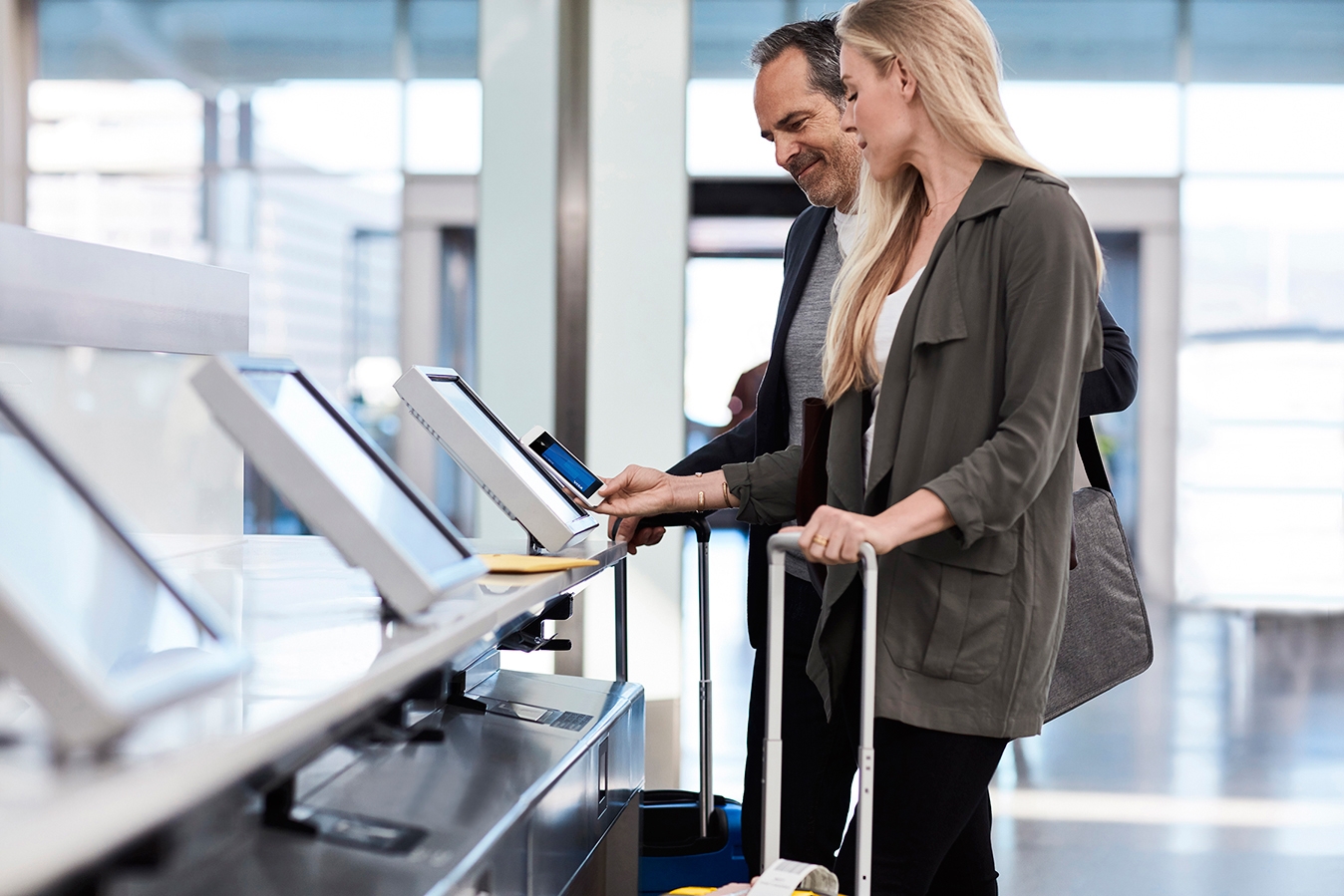Danang's economy can earn $72 million a year from digital payments
 |
| Increased use of digital payments could result in a potential annual economic benefit of $72 million in Danang |
These findings are based on the results of the independent study “Cashless Cities: Realizing the Benefits of Digital Payments”, conducted by Roubini ThoughtLab and commissioned by Visa to examine the economic impact of increasing the use of digital payments in major cities around the world.
These findings were presented at the Smart City Summit 2019 in Danang, which also saw presentations by representatives from Danang People's Committee, the Vietnam Software and IT Services Association, the Ministry of Science and Technology, and the Ministry of Information and Communications. The Smart City concept is one in which metropolitan areas use a variety of technologies and data collection methods in order to improve the administration of the city, and accordingly benefit the lives of citizens. It often focuses on developing more efficient ways of delivering services and running infrastructure.
According to Visa’s research converting the Danang economy to an “achievable level of cashlessness” – defined as the entire population of a city moving to digital payment usage equal to the top 10 per cent of users in that city today – could improve job creation by 3 per cent, productivity by 3.4 per cent, wages by 3.1 per cent, and GDP growth by 0.34 per cent.
At the summit, Dang Tuyet Dung, Visa country manager for Vietnam and Laos, discussed how part of Danang’s cashless evolution could be led through e-government initiatives, such as disbursing welfare benefits and income tax returns electronically, paying for travel of government officials via electronic means, and paying taxes and utility fees online.
“Danang has earned a reputation as a hive of technological innovation, particularly with the establishment of the Danang IT Park earlier this year, and we commend the city’s officials in having such foresight in this area. Smart City Summit 2019 is another way in which Danang is moving into the future, and at Visa, we’re excited to be able to play a role in bringing this vision into fruition. Through greater integration of electronic payments into both the public and private sectors, many aspects of day-to-day life for citizens can be simplified or improved, while the government itself can more effectively manage the economy,” she said.
Card ownership is on the rise in Vietnam, with more citizens entering the formal banking ecosystem. Findings from Visa’s Consumer Payment Attitudes Study 2018 suggest this trend is set to continue with nearly two-thirds of Vietnamese consumers indicating that they expect to increase their use of digital payments in the next year.
What the stars mean:
★ Poor ★ ★ Promising ★★★ Good ★★★★ Very good ★★★★★ Exceptional
Related Contents
Latest News
More News
- VIB named Best Customer Satisfaction Bank in Vietnam 2025 (December 26, 2025 | 16:40)
- Visa and Techcombank win AmCham’s 2025 ESG Tech Innovation Award for Eco Card (December 09, 2025 | 12:16)
- Visa brings tap-to-ride payments to Hanoi Metro Line 2A (December 05, 2025 | 17:35)
- Cross-border QR payments launched for Chinese tourists (December 03, 2025 | 19:12)
- VIB honoured by JP Morgan with 2025 US Dollar Clearing Elite Quality Recognition Award (December 02, 2025 | 17:04)
- Home Credit Vietnam brings financial literacy closer to women and students (November 20, 2025 | 11:25)
- MB partners with Visa, KOTRA to launch new MB Visa Hi BIZ card (November 20, 2025 | 11:24)
- VPBank upgrades core banking with Temenos and Systems Limited (November 14, 2025 | 17:54)
- CPO Home Credit shares how to build an AI-driven but human-centric workplace (October 30, 2025 | 09:56)
- VIB hits $267.4 million in pre-tax profit over first nine months (October 29, 2025 | 12:12)

 Tag:
Tag:



















 Mobile Version
Mobile Version